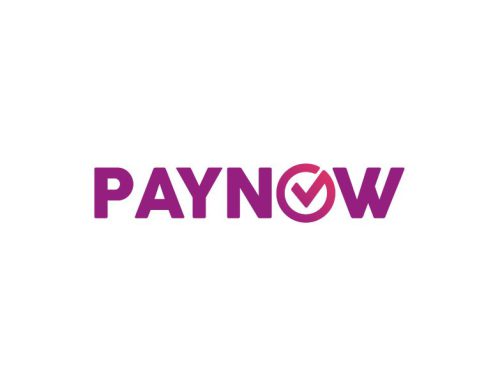The corporate veil is a metaphor to recognise that a validly registered company has its own legal identity that is distinct from its members (shareholders) and officers (for example, directors and secretaries).
The effect of incorporation is that the company is a body corporate with a distinct legal identity. It may sue and be sued, enter into contracts in its own name, it can buy and sell property and it is perpetual until it is wound up. Think of incorporating a company as giving birth to another person. This person will have its own financial standing separate from its members and officers. A good illustration of this principle would be that a company should have its own corporate bank account as its financial status belongs to its own. It will also have to declare corporate taxes, separate from that of its directors and shareholders.
Because of the principle of a company having its own separate legal identity, if a company is sued, its members and officers are not affected. If the company is liable to pay damages as a result of the suit, the members and officers are not liable for these damages. This “protection” that the members and officers have is termed as a corporate veil. The most a member can lose is the money that he or she had invested in the company. The company’s creditor cannot come after the personal assets of the member or officer.
While the courts have been slow to lift or pierce the corporate veil, there are instances when they might do so. However, when the courts do so, the members and officers may then be liable for the debts incurred by the company.
Fraud or illegality
If it appears that the business of the company was conducted with the intent to defraud creditors of the company or for any fraudulent purposes, the law holds that the person who was a knowing party to the fraud or illegality may be personally liable for all or some of the company’s debts. Also, if the company was set up with the purpose to defraud investors, the court may hold that the individuals who were party to the fraud are personally liable for such acts.
Other situations where the members or officers may be held liable for the debts of the company
Dividends of a company can only be paid out of the profits of the company. However, when dividends are paid out of monies that are not profits, the officers of the company which made the transaction will be personally liable to the creditors of the company for the debts that are owed to them. The limit of this liability is up to the illegally paid dividends.







Leave A Comment